Cannabidiol (CBD) is a non-psychoactive compound found in the cannabis plant that has been gaining popularity in recent years for its potential therapeutic benefits. Despite the growing interest in CBD, there is still a significant amount of stigma surrounding its use. This can be attributed to a number of factors, including a lack of understanding about the compound and its effects, as well as its association with marijuana.
One of the main reasons for the stigma around CBD is that it comes from the cannabis plant, which is often associated with recreational drug use and illicit activity. However, it is important to note that CBD is not the same as tetrahydrocannabinol (THC), the psychoactive compound found in marijuana that causes the "high" associated with recreational use. CBD does not produce any psychoactive effects, making it a safe and non-intoxicating alternative to traditional medications.
In addition to a lack of understanding, the stigma around CBD can also be attributed to a lack of regulation in the industry. With the growing popularity of CBD, many companies have jumped on the bandwagon, offering a wide range of products that are not always of the highest quality. This has led to a lack of trust in the industry, making it difficult for consumers to know which products are safe and effective. Our Bentgrass CBD products are all 3rd party lab tested and these tests are available for your viewing.
Despite the stigma surrounding CBD, it is important to remember that it has the potential to offer a wide range of therapeutic benefits. From reducing anxiety and depression to managing pain and inflammation, CBD has been shown to be effective in a number of conditions. It's crucial to conduct more research in order to understand the full potential of CBD, and to advocate for proper regulation of the industry to ensure that consumers have access to safe and effective products.
In conclusion, while CBD is gaining popularity as a therapeutic option, there is still a significant amount of stigma surrounding its use. This can be attributed to a number of factors, including a lack of understanding about the compound and its effects, as well as its association with marijuana. However, it is important to remember that CBD is not the same as THC and has the potential to offer a wide range of therapeutic benefits. To reduce the stigma, it's important to educate oneself about CBD and advocate for proper regulation of the industry to ensure that consumers have access to safe and effective products.







